How to get an executive job in another country
Did you know that 49% of Briefcase Coach readers have looked for a job in a different country?
The global job market is more interconnected than ever, offering executives an opportunity to advance their careers through international roles. These positions provide access to dynamic markets, the chance to build a global network, and invaluable international experience. However, successfully securing a role abroad requires strategic planning, thorough research, and a clear understanding of visa and work requirements. Identifying the right market is crucial, as not all countries have the same demand for foreign talent, and work visa policies vary greatly across regions.
In addition to identifying target markets, executives must refine their job search strategies by leveraging global networking and tailoring their resumes for an international audience. Many executive positions abroad are filled through personal connections, so engaging with international recruiters and attending industry events can significantly enhance your chances. It’s also important to understand cultural differences and workplace expectations to ensure a smooth transition into a new professional environment. Local language skills, even at a basic level, can help build rapport with employers and colleagues.
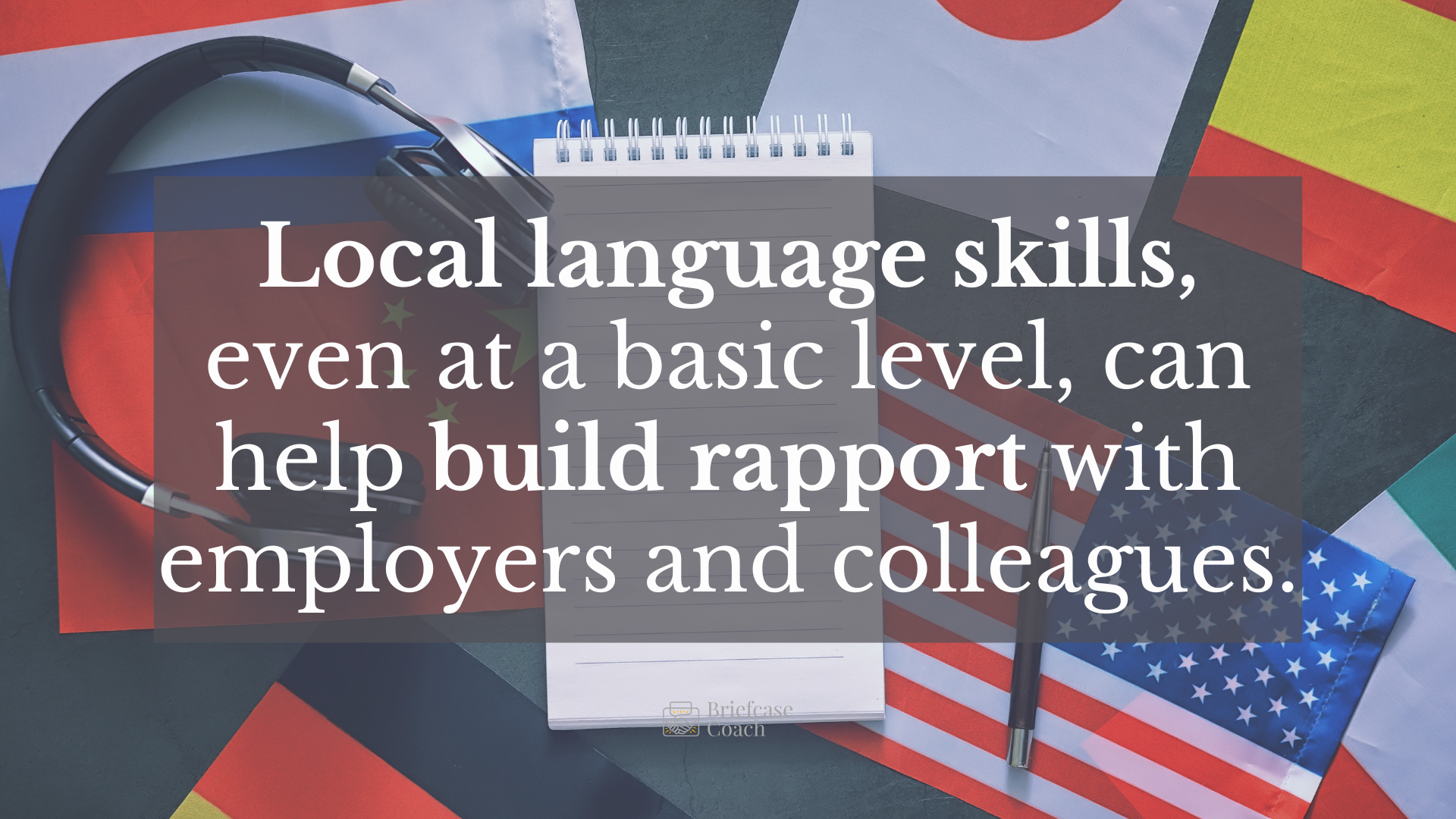
Beyond the job search itself, executives must consider the practical aspects of relocation, such as housing, cost of living, healthcare, and taxation. Negotiating an expat compensation package that accounts for relocation expenses, schooling, and local tax structures is essential for a smooth transition. By preparing in advance, understanding local job markets, and adapting to new cultural environments, executives can unlock new professional opportunities and expand their global impact.
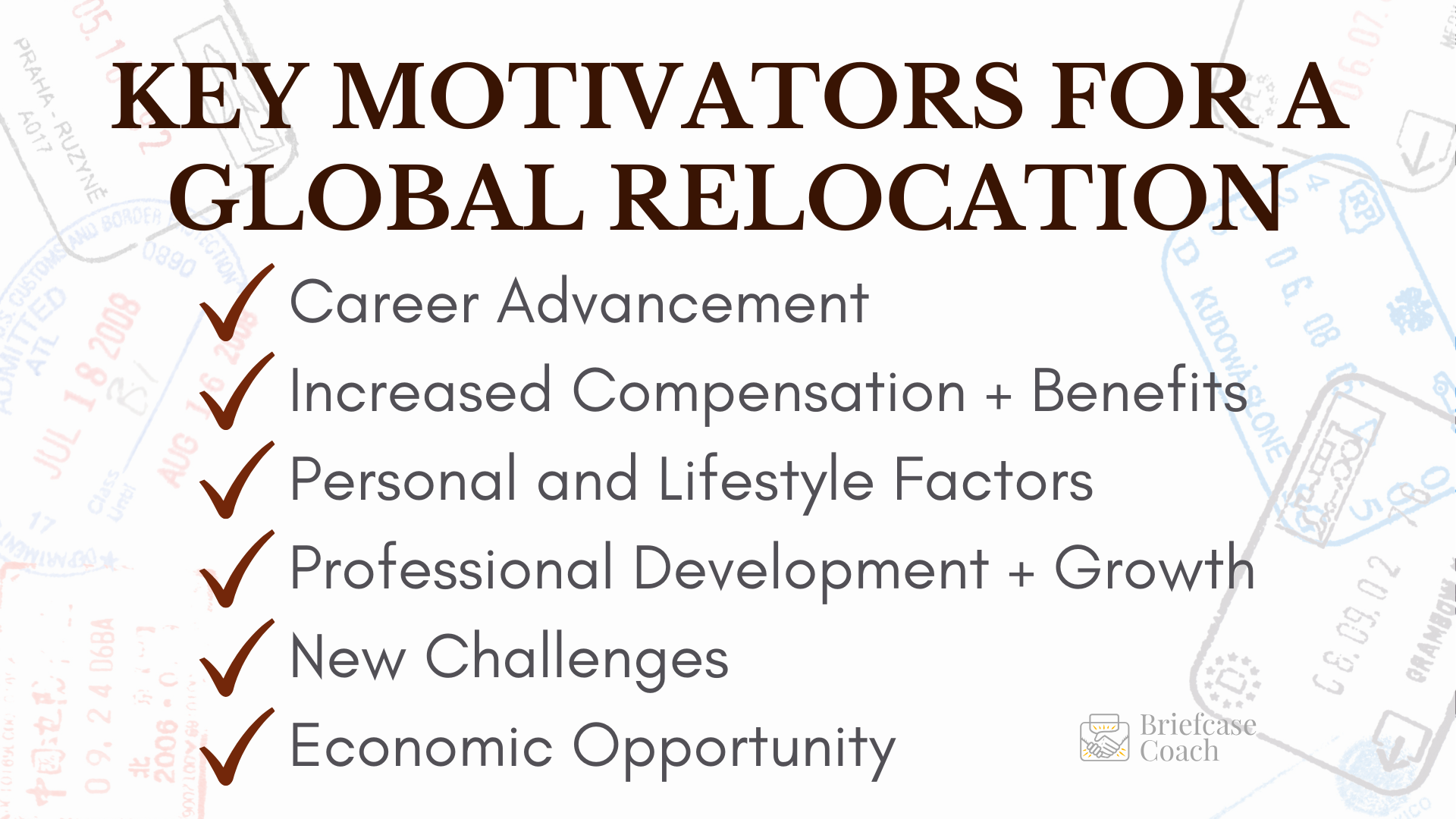
Strategic Self-Assessment and Goal Setting
A successful international relocation begins long before the job search—it starts with a clear understanding of your motivations, career trajectory, and market positioning. Before diving into applications and visa processes, executives should take a step back to conduct a thorough self-assessment. This phase ensures that the move aligns with both professional ambitions and personal goals, setting the foundation for a successful transition.
International Move Readiness Assessment
1. How comfortable are you with learning a new language?
2. How adaptable are you to unfamiliar customs and traditions?
3. How well do you handle uncertainty and change?
4. How strong is your support network in the destination country (if any)?
5. How prepared are you for the logistical aspects of moving (visa, housing, etc.)?
6. How much do you know about the business culture of the destination country?
Defining Your "Why"
Relocating abroad is a significant decision that impacts every facet of life. Executives who embark on this journey without a clear sense of purpose often struggle with integration, job satisfaction, or long-term career growth. Defining your “why” is essential to ensuring your move is strategic, not just reactive. Whether your motivations stem from career advancement, a desire for new cultural experiences, or access to emerging markets, understanding those will guide your job search and help you target the right opportunities.

Relocating for work is a major life decision that can open up new opportunities and perspectives. It’s not just about changing your physical location; it’s about discovering what truly excites you and finding fulfillment in your professional journey. Roger Voss, Operations Management Consultant, shares: “[By relocating abroad,] I found what I love to do and have been mostly successful ever since.”
Aligning personal and professional goals with relocation plans is also critical. A move that accelerates career growth but negatively impacts work-life balance or family stability can lead to unforeseen challenges. Executives should evaluate lifestyle factors such as cost of living, schooling options (if applicable), and cultural fit to ensure the destination aligns with both professional ambitions and personal well-being.
For Clinical Psychologist Kathryn LaPierre, PhD, “the ability to be adaptable and flexible in life [along with] the benefits of raising children in a multicultural setting [has been the biggest personal gain from your international work relocation.]”
Resources like the HSBC Expat Explorer Survey or The Expatsi Test can help executives evaluate countries based on career prospects, economic stability, and overall quality of life.
Skills and Experience Inventory
Once you've clarified your motivations, the next step is to evaluate how your skills and experience align with your target market. To compete in a global job market, executives must assess how their skills align with employer needs.
International employers often look for candidates with strong cross-cultural leadership, global business acumen, and the ability to navigate diverse regulatory environments. If you have international experience—whether from global projects, expatriate assignments, or managing multicultural teams—this should be a focal point of your professional narrative.
A Harvard Business Review study found that executives with extensive global experience are in high demand, positioning them as top-tier talent with stronger negotiating power in the global market.

For those without direct international experience, highlighting your adaptability, resilience, and strategic problem-solving skills in complex, cross-cultural environments can help bridge the gap. Consider enhancing your qualifications through global executive education programs or by taking on cross-border projects within your current organization.
Identifying and addressing skill gaps is also essential. If your target market demands specific expertise or qualifications that you currently lack, find ways to bridge those gaps before applying. This could involve pursuing certifications, enrolling in specialized courses, or gaining exposure to international markets through consulting projects or mentorship. Additionally, improving language proficiency—even at a basic level—can boost your appeal to international employers and facilitate smoother integration into new work environments.
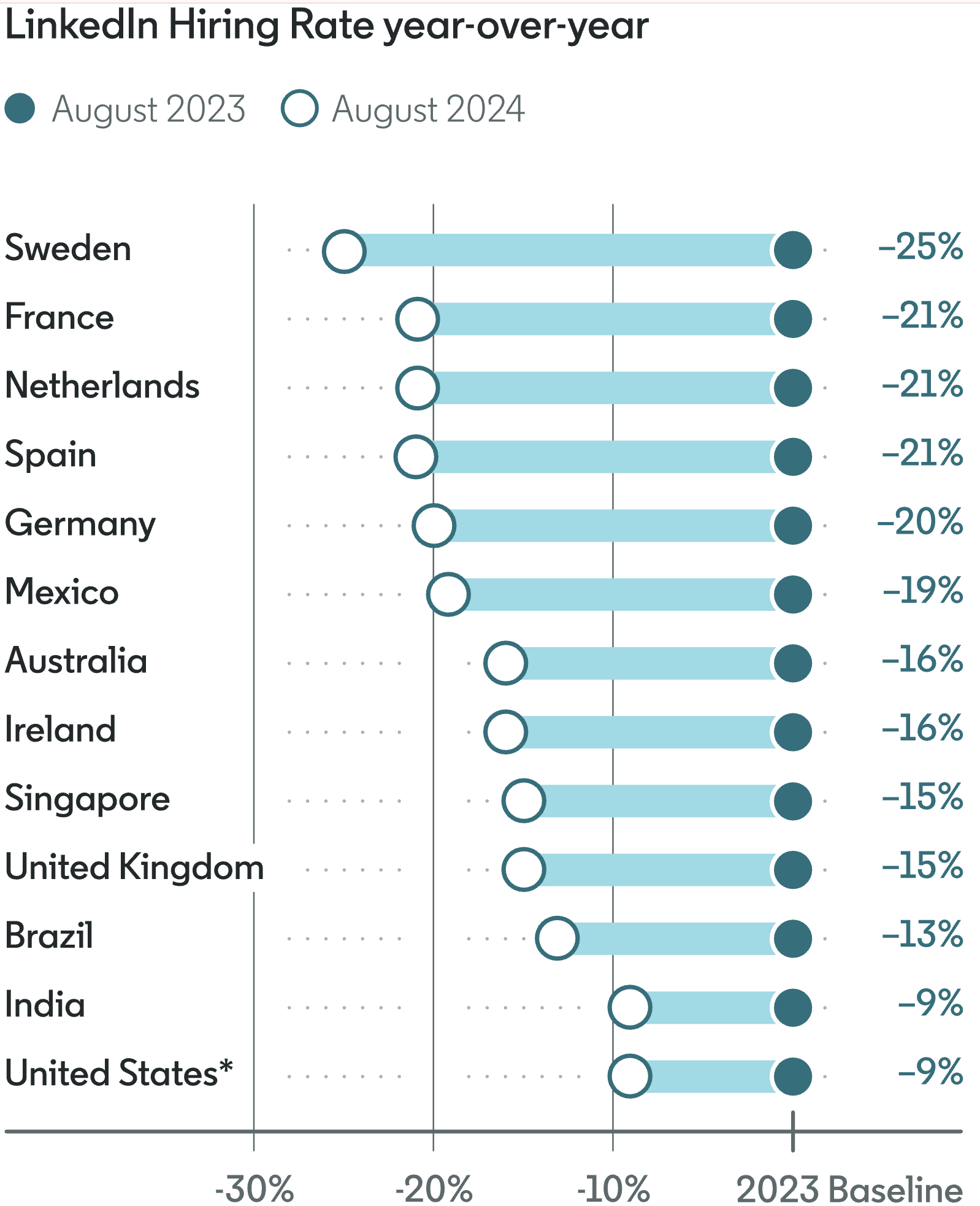
Resources like the LinkedIn Global Talent Trends Report include insights from business leaders to assess labor trends and provide strategic policy guidance to ensure the workforce is ready for the challenges and opportunities of tomorrow.
Target Market Research
A comprehensive understanding of the job market in your target country is critical for making informed decisions and positioning yourself effectively. Target market research should go beyond simply identifying available positions; it should encompass industry trends, economic conditions, and the demand for specific skill sets.
Preferences can vary significantly across regions. For example, Germany places high importance on formal qualifications and professional certifications, while Southeast Asian markets often value hands-on experience and adaptability. Recognizing these nuances allows you to tailor your application materials and interview strategies accordingly.
Equally important is identifying potential employers and networking opportunities. Many executive roles are filled through connections rather than job boards, making relationship-building a key component of your strategy. Engaging with local and international recruiters, attending industry events, and joining professional associations in your target country can provide access to otherwise hidden opportunities. Additionally, using platforms like LinkedIn to connect with professionals in your desired market offers valuable insights into hiring trends and corporate culture.
Engaging with local and international recruiters, attending industry events, and joining professional associations in your target country can provide access to otherwise hidden opportunities.
“If your first-choice destination isn't opening up, broaden your list,” said Jubilee Slivkoff, Owner of Porter & Olive Travel. “There are places where you might more easily obtain a work visa. Starting there may lead to unexpected opportunities or even help you pivot to your original target market.”
A clear understanding of the job landscape is essential. The OECD Employment Outlook offers valuable data on industry demand, hiring trends, and economic conditions in various countries. Similarly, platforms like Glassdoor Economic Research can provide salary benchmarks to help align your compensation expectations with local standards. By strategically evaluating your motivations, skill sets, and market opportunities, you can approach international relocation with confidence and clarity. A successful move is not just about securing a job; it’s about positioning yourself for long-term success in a dynamic global career environment.
Building a Powerful International Brand
Securing a role abroad requires a compelling personal brand that positions you as the ideal candidate for a global market. Your brand should clearly communicate your ability to operate in an international environment, navigate cross-cultural business landscapes, and bring unique value to potential employers. From refining your resume to building strategic connections, a well-crafted global brand can set you apart in competitive job markets.
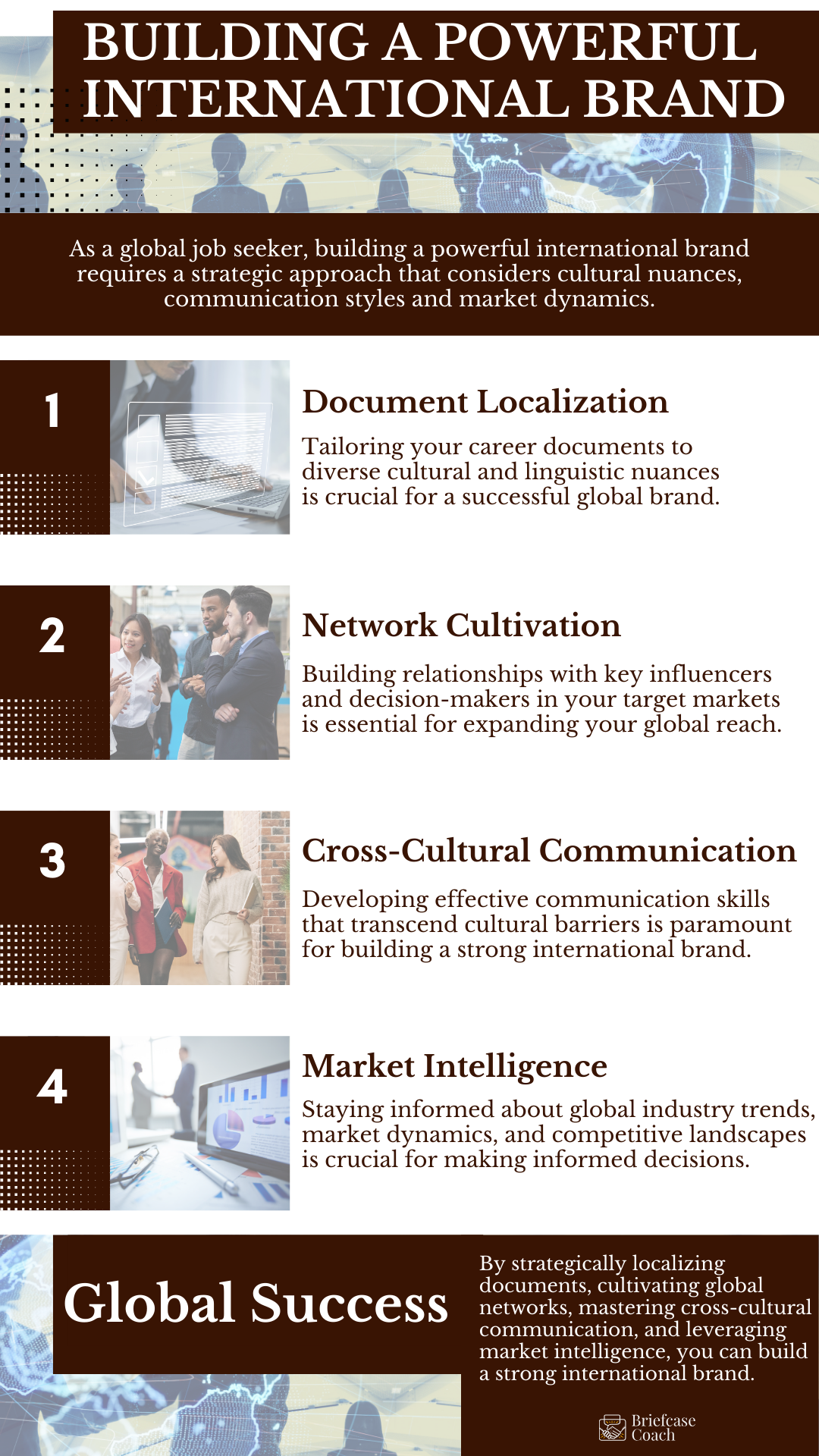
Tailored Resume and LinkedIn Profile for Your Global Job Search
Your resume and LinkedIn profile are often the first impressions you make on international employers, so adapting them to align with market expectations is critical. Each country has its own resume conventions—some prefer a one-page document, while others expect detailed CVs that include personal information such as nationality and a professional photo. Researching the specific expectations of your target market will ensure your application materials are well-received.
For executives seeking global roles, highlighting international experience, cross-cultural leadership, and language skills is essential. If you’ve worked with international teams, expanded a business into new markets, or led projects with cross-border impact, these should be prominently featured. Even if you lack direct experience working abroad, emphasizing adaptability, global market knowledge, and collaboration across diverse teams can demonstrate your readiness for an international role.
If you’ve worked with international teams, expanded a business into new markets, or led projects with cross-border impact, these should be prominently featured.
“When applying for roles in different markets, I tailored my resume to emphasize globally relevant skills, such as leadership in diverse environments, experience in multicultural teams, and successful business transformations across regions. I also ensured that my LinkedIn profile reflected these strengths.” João R Correia, Global Retail & Business Leader
Additionally, incorporating relevant keywords in your LinkedIn profile can increase visibility to international recruiters. Many companies use applicant tracking systems (ATS) and LinkedIn’s search algorithms to filter candidates based on location and skill set. Optimizing your profile with terms relevant to your target industry and market can improve your chances of being discovered for the right opportunities.
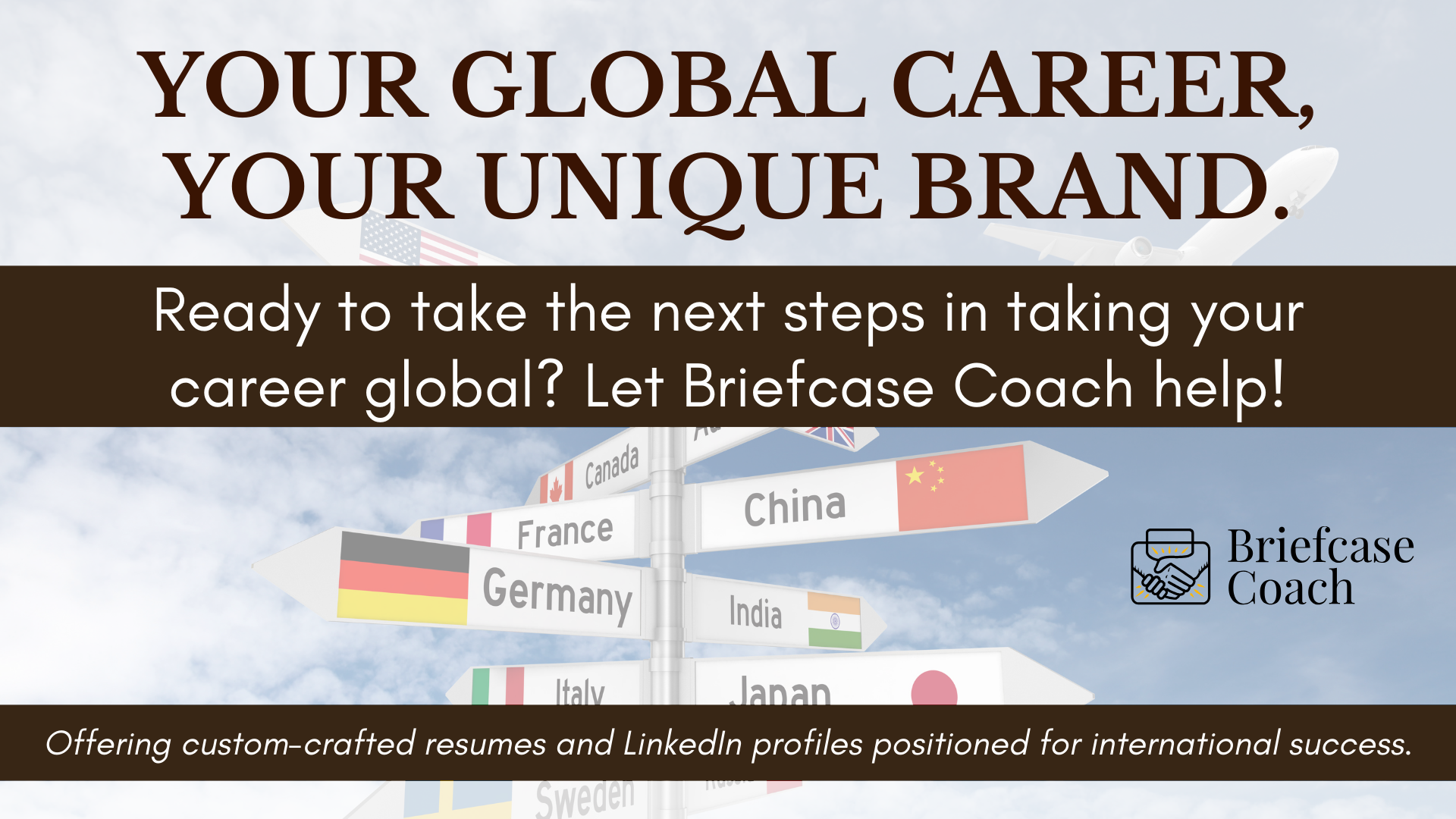
Your resume and LinkedIn profile should reflect an international mindset. Highlighting experience across multiple markets, language skills, and cultural adaptability will increase visibility among international recruiters.
Read more: LinkedIn Best Practices for Executives
Networking and Relationship Building
Networking is one of the most effective ways to access international job opportunities. Many executive roles are not publicly advertised, making it crucial to establish connections with decision-makers, industry leaders, and recruiters in your target country.
Online platforms like LinkedIn, industry-specific forums, and expat communities provide opportunities to engage with professionals in your desired market. Connecting with alumni from your university who work abroad, joining global professional associations, and actively participating in LinkedIn discussions can help expand your network. Proactively reaching out to executives in your industry for informational interviews can also provide valuable insights and open doors to new opportunities.
Working with recruiters and headhunters specializing in international placements is another powerful strategy. Many global recruitment firms focus on placing executives in specific regions or industries, and building relationships with these specialists can significantly enhance your job search. They can provide guidance on market trends, salary expectations, and cultural differences in the hiring process.
Attending virtual conferences, webinars, and industry events can also strengthen your presence in international markets. These events provide direct access to thought leaders, potential employers, and networking opportunities that might not be available through traditional job searches. Engaging in discussions, asking insightful questions, and following up with connections made during these events can further establish your reputation within the global business community.
Victoria Koster-Lenhardt, International Job Search Coach, highly recommends that you “network and talk to people. All the jobs I found in Austria were found through people who knew me.” She also emphasizes to “remember that the people left behind in the country where you previously lived will be an important part of your job search support.”
A strong professional network is often the key to securing roles abroad. Platforms like InterNations help executives connect with industry peers in their target location. Similarly, Meetup offers opportunities to engage with local professional groups.
Demonstrating Cultural Competence
Employers hiring international executives seek candidates who can seamlessly integrate into their workplace culture. Demonstrating cultural awareness and adaptability is key to proving that you are not only qualified for the job but also capable of thriving in a new environment.
Understanding the business etiquette, communication styles, and decision-making processes of your target country will set you apart from other candidates. For example, in Japan, hierarchy and consensus-driven decision-making are deeply ingrained in corporate culture, whereas in Scandinavian countries, leadership tends to be more egalitarian and informal. Researching these nuances and incorporating them into your interactions—whether in interviews, networking conversations, or even your LinkedIn presence—signals that you are well-prepared to work in that culture.
Resources for General Cultural Understanding & Business Etiquette:
- Books:
- "Kiss, Bow, or Shake Hands: The Bestselling Guide to Doing Business in More Than 60 Countries" by Terri Morrison and Wayne A. Conaway: A classic, providing a broad overview of business customs.
- "When Cultures Collide: Leading Across Cultures" by Richard D. Lewis: Focuses on communication styles and how cultural differences impact business interactions.
- Specific country guides from sources like Culture Crossing Guides or similar publishers.
- Online Resources:
- Hofstede Insights: Provides in-depth cultural dimensions (power distance, individualism, etc.) for various countries. This is invaluable for understanding underlying cultural values.
- Culture Crossing: Offers free guides on business etiquette and cultural customs for numerous countries.
- Executive Planet: Similar to Culture Crossing, with practical advice on business etiquette.
- Country-Specific Government Websites: Embassies and consulates often provide cultural information for businesses.
- LinkedIn Learning: Offers courses on intercultural communication and business etiquette.
Engaging with expat communities or professionals who have successfully transitioned into the country where you plan to work is a great way to develop or expand your cultural competence. Seeking mentorship from those who have navigated similar relocations can provide invaluable insights into workplace expectations and social customs. Additionally, learning the basics of the local language, even if the job is conducted in English, can demonstrate commitment and respect for the host culture.
By refining your personal brand, strategically networking, and demonstrating cultural competence, you position yourself as a highly attractive candidate for international roles. A well-executed global branding strategy not only enhances your job search but also prepares you for long-term success in an international career.
“Every country has its own ways of working and the American approach isn't always the best or correct one. You also have to take into account language barriers and communication styles,” said Courtney Evors, founder of the Consultancy KTCHN. “[The] biggest thing to remember is that if it works in America, it won't automatically work in other countries. Also, if you don't speak the language, life in general can become more challenging, so things you take for granted, like reading your mail, become a whole new challenge.”
Cultural awareness can make or break an international career move. The Hofstede Cultural Dimensions framework offers insights into workplace cultural norms worldwide, helping executives prepare for cross-border interactions.
Navigating the Logistics and Legalities of International Relocation
Once you’ve positioned yourself for an international career move, the next critical step is navigating the logistical and legal complexities of relocating. Visa requirements, financial planning, and cultural integration are all essential factors that can determine the success of your move. A well-prepared executive not only secures the right job but also ensures a smooth transition for themselves and their family.
Visa and Immigration Considerations
Securing the correct work visa is one of the most complex and time-sensitive aspects of international relocation. Each country has specific immigration policies that dictate who can work, how long they can stay, and what conditions must be met for visa approval.
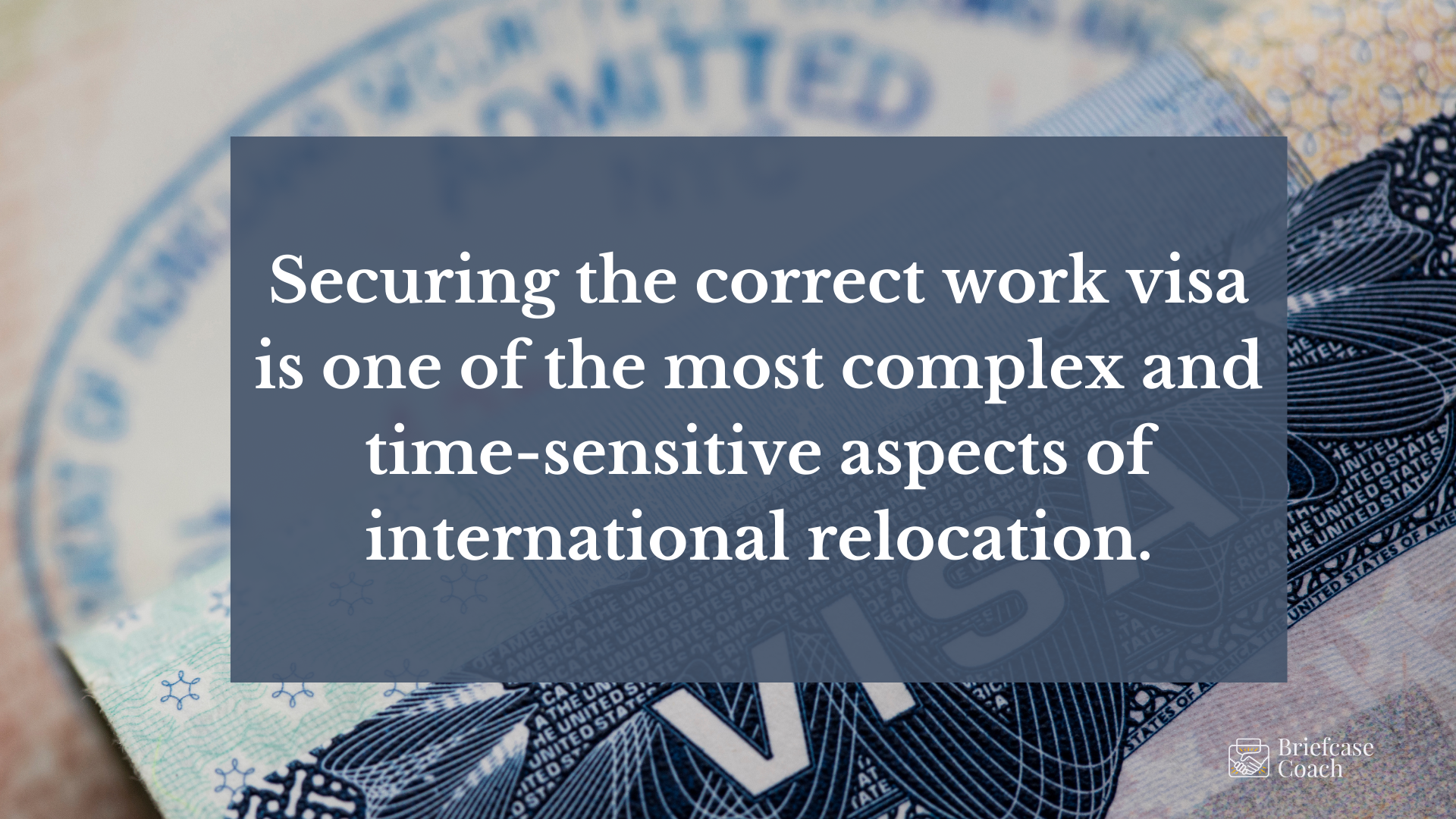
“Typically visas are easier to issue for more technical skilled jobs and higher levels that are not already existing in that country,” explained Courtney Evors, Founder of the Consultancy KTCHN. “Applying for visas can be a lengthy and expensive process, so the more experience you have the easier it is to justify the company's need to sponsor you as a foreign national.”
Understanding these requirements early in the process is crucial. Researching government immigration websites, consulting with relocation specialists, or hiring an immigration attorney can help clarify the best visa pathway based on your qualifications and target destination. Some executives make the mistake of assuming that an employer will handle all visa-related matters, only to find out later that sponsorship is not offered or that the process is more complicated than expected. Proactive planning reduces the risk of unexpected delays or legal hurdles.
For those relocating with family, additional considerations come into play. Many work visas allow dependents to accompany the primary visa holder, but the ability of a spouse to work or children to attend local schools may be subject to restrictions. Ensuring that your visa choice aligns with your family's needs will prevent complications after arrival.
Financial Planning and Relocation Support
Moving abroad involves significant financial considerations that go beyond just travel and visa costs. According to Travel + Leisure, professionals relocating abroad should plan for additional expenses like housing deposits, international health insurance, school tuition (if applicable), and potential tax implications. Different countries have varying income tax rates, and tax treaties may affect how much you owe both at home and in your host country. Seeking guidance from a financial advisor with international expertise can help avoid costly surprises.
Understanding the cost of living in your destination is also crucial to ensure a smooth transition and secure a competitive compensation package. While an executive salary might seem competitive on paper, expenses such as rent, utilities, transportation, and healthcare can vary significantly from one city to another. Researching local pricing, salary benchmarks, and expatriate cost-of-living reports can help you negotiate a compensation package that reflects the true cost of living in your destination.
Many multinational companies offer relocation support services, which can include financial assistance, temporary housing, cultural training, and help with school placement for children. If relocating with an employer, negotiating these benefits upfront can ease the transition. For those moving independently, seeking professional relocation services can help streamline the process and reduce stress.
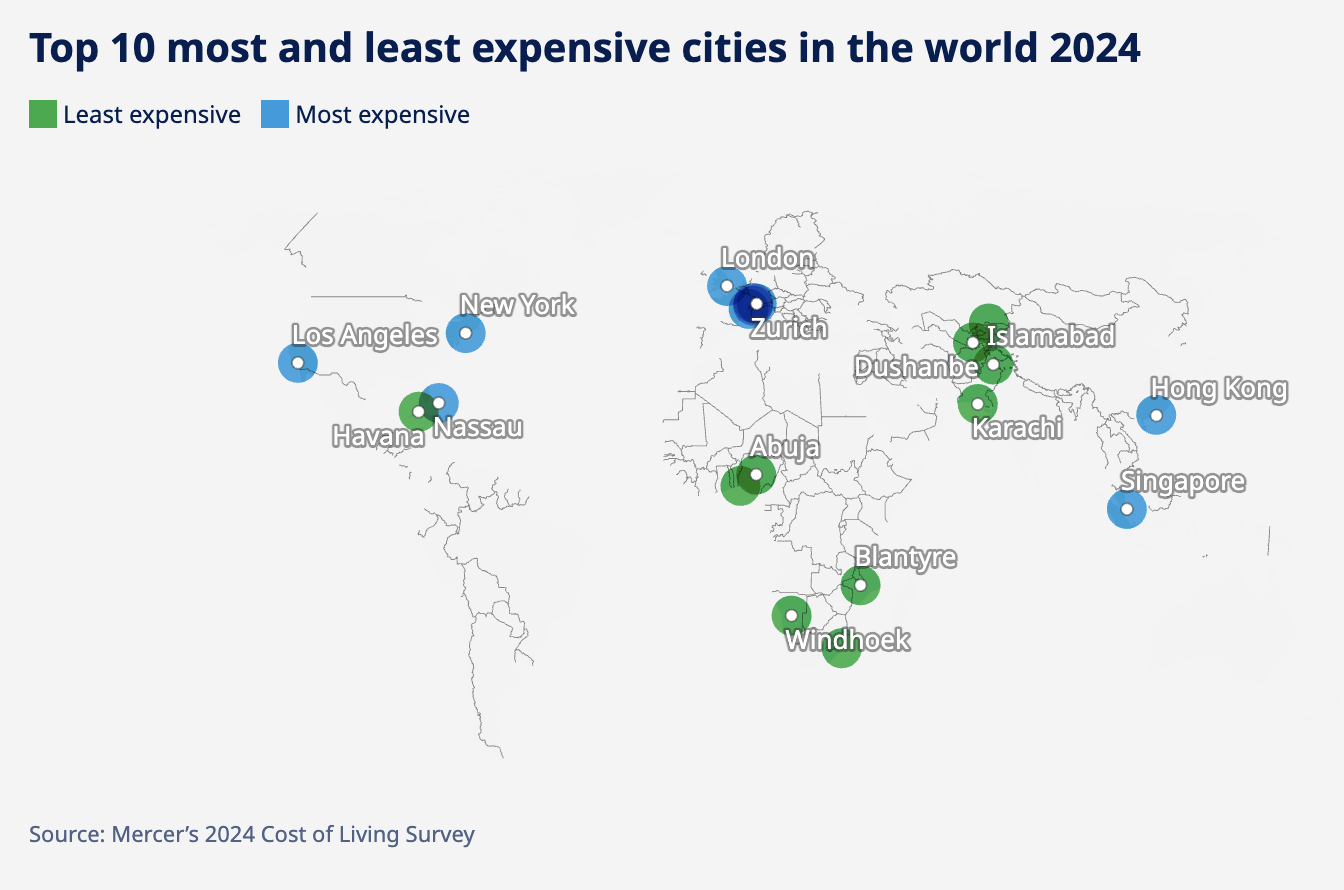
A successful move requires careful budgeting. The Mercer Cost of Living Survey ranks cities by living expenses, while Numbeo and Expatistan provide real-time cost comparisons.
Transition and Integration
In addition to the logistical considerations, adjusting to life in a new country requires cultural adaptation, building a support network, and maintaining a resilient mindset. Even seasoned professionals can experience culture shock, as workplace expectations, social norms, and daily routines may differ significantly from what they are accustomed to.
“[The workstyle] has been one of the biggest differences for me. I’ve always been driven by the relationships that I have with my team members, but that changed even more once I moved to the Netherlands,” said Lauren McDonnell, Relocation Coach. “I was able to see the American hustle culture and the always available perspective with a different lens. I started talking more about my mental health, wellbeing, and created stronger boundaries for when I’d be available to work, and so many of my team members really resonated with that. I grew into more of a trusted leader that others could confide in for what they were feeling about the company culture, what we could do to make improvements, and where they were struggling.”
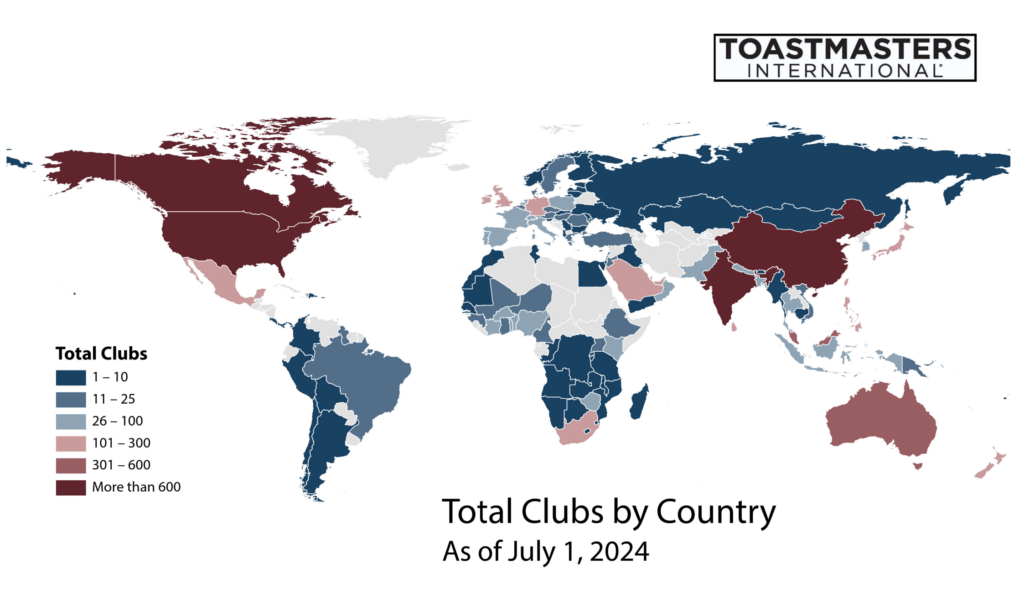
One of the best ways to acclimate quickly is by immersing yourself in the local culture. Taking language courses, participating in local events, and engaging with community groups can accelerate the integration process. Toastmasters International offers a great platform for improving communication skills in a new cultural setting. Expat communities can provide valuable support, offering advice and camaraderie from those who have navigated similar transitions. It’s also important to connect with local professionals and colleagues to fully embrace the new culture.
Maintaining a positive mindset and embracing the inevitable challenges of relocation is essential. There will be moments of frustration—navigating bureaucracy, adapting to different workplace dynamics, or feeling out of place in a foreign environment. However, approaching these experiences with curiosity and resilience can turn challenges into growth opportunities. The most successful expatriates view their relocation not just as a career move but as an enriching life experience that broadens their global perspective.
By thoroughly planning for visa requirements, financial adjustments, and cultural integration, executives can ensure a smooth and successful transition to working abroad. Moving internationally is not just about advancing a career—it’s about creating a fulfilling professional and personal life in a new and dynamic environment.
Taking the Next Step Toward Your Global Career
“The biggest personal gain from my international work relocation has been becoming a stronger, more resilient individual,” said João R Correia, Global Retail & Business Leader “Facing new challenges in unfamiliar environments has reinforced my belief in my capabilities and my capacity to adapt to different cultures, business dynamics, and ways of working. Each experience has been a journey of continuous learning and self-improvement, pushing me beyond my comfort zone and broadening my perspective. The insights gained along the way—both professionally and personally—have been invaluable in shaping who I am today.”
At Briefcase Coach, we specialize in helping executives navigate these complex transitions with confidence. Whether you need guidance on refining your international job search strategy, optimizing your resume for global opportunities, or preparing for interviews in a new market, our expertise ensures you’re equipped for every stage of the process.
Relocating abroad is more than just a career move—it’s an opportunity to expand your leadership impact, embrace new cultural experiences, and challenge yourself in ways you never imagined. While the process can be complex, the rewards are immeasurable. With the right strategy and mindset, you can turn this transition into the most transformative chapter of your professional journey. Your global career starts now—are you ready?
For additional career strategies tailored to executives, explore Briefcase Coach’s comprehensive resources.

